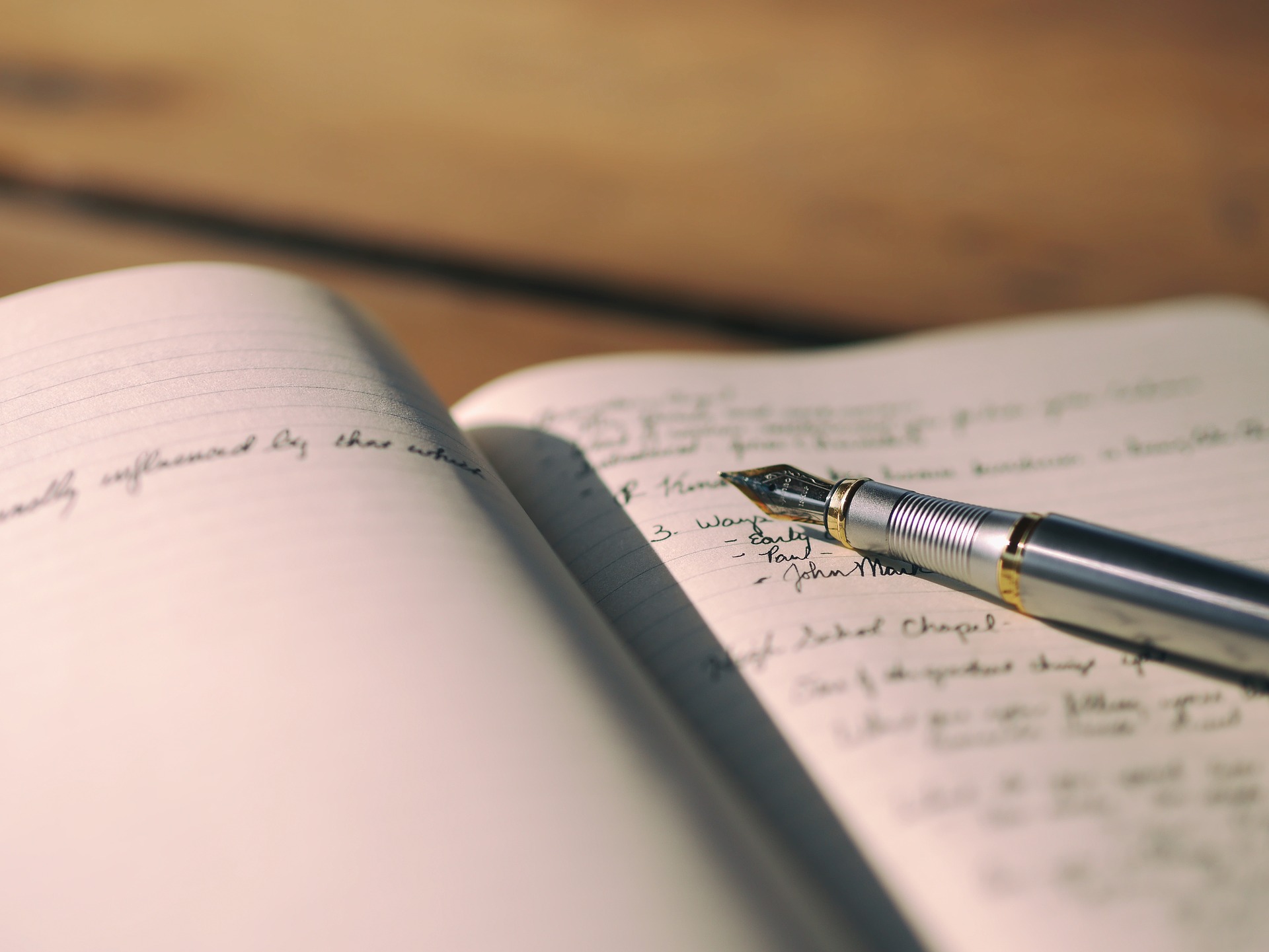by Dr. John Akudago, Senior Research Associat
 “Water is life,” says 60-year-old Mahama Azundo of Gbulung, a community 5 Km East of Savelugu in the Northern Region of Ghana. He explained that with water he could provide enough food for his family, be safe from water borne-diseases, and also get other development projects such as building his mud house and community shea-butter processing accomplished. Mr. Mahama – standing by a hand-dug well that was provided by Adventist Relief Agency (ADRA) over 20 years ago and a dam that was constructed in early 1960s mainly for drinking water – mentioned that in the last eight years, World Vision and its West Africa Water Initiative (WAWI) partners have taught them how to use the water for irrigation, which has brought improvement to their lives including a radio set he now owns (see photo 1).
“Water is life,” says 60-year-old Mahama Azundo of Gbulung, a community 5 Km East of Savelugu in the Northern Region of Ghana. He explained that with water he could provide enough food for his family, be safe from water borne-diseases, and also get other development projects such as building his mud house and community shea-butter processing accomplished. Mr. Mahama – standing by a hand-dug well that was provided by Adventist Relief Agency (ADRA) over 20 years ago and a dam that was constructed in early 1960s mainly for drinking water – mentioned that in the last eight years, World Vision and its West Africa Water Initiative (WAWI) partners have taught them how to use the water for irrigation, which has brought improvement to their lives including a radio set he now owns (see photo 1).
When asked how they manage the water sources and what the state of sanitation was in the village, he said, “The village chief appointed me as the one responsible for managing the water here.” If anyone including people from outside their village needed to take water for any purpose, he should be informed, and there is no charge for using the water. Though the dam never dries completely, there are times when the water almost gets finished (see photo 2). It has also not been desilted due to lack of funds. The interaction with Mr. Mahama reveals that if the community could contribute toward desilting the dam it will be able to store more water. He also views water as a gift from God rather than a resource that needs to be used and managed cautiously.

On the part of sanitation, open defecation was the common practice for most people in the community. However, they travel a little bit far (over 100 m) to ease themselves so that their waters do not get contaminated with the feces. As for treating the water at the household level before use, he said they drink water from two newly installed hand-pump wells though not enough for everyone. They do drink physically treated water from the dam whenever there is water scarcity. Though Mr Mahama acknowledged that sometimes they get sick from taking the water, Moringa tree is their best medicine and solution to all their malaria, boils, fever, diarrhea and even snake bites.
From this interaction, there is need for proper water resource management and appropriate sanitation facilities such as latrines in Gbulung to reduce water scarcity in the community.


